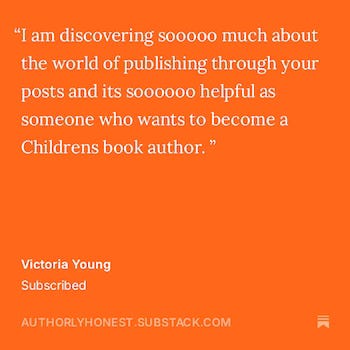Welcome back to my Approaching Agents series, in which I document my journey from first query to signing with my agent, Sallyanne Sweeney, in October 2013.
(If you’d like the full rundown of my rather circuitous journey from birth to publication, it’s available here.)
So far, I’ve shared what I did before I began the querying process, and everything I submitted (and received) during it: my cover letters, manuscripts, synopses, rejections and offer.
Whereas the next post in this series will look at the things I did right, in today’s I’m going to share everything I did wrong: the mistakes I made when approaching agents that led to the 13 rejections I received before being offered representation.
WHAT I DID WRONG WHEN APPROACHING AGENTS
I submitted too soon, before I was ready
On 9th June 2013, I wrote my first ‘manuscript’ – I say ‘manuscript’ because I wrote it without any intention at the time of getting it published.
On 18th June 2013, I started querying agents.
And that says it all.
Initially, I spent no time revising my manuscripts: I should have put them to one side for a few days or weeks, then returned to them with fresh and critical eyes – the benefit that a bit of distance brings.
Instead, in my eagerness to achieve my recently-birthed dream of securing an agent and getting published, I submitted texts after reading them through only once or twice, immediately after finishing them. And only to check for typos and spelling errors.
The importance of perfecting the text’s scansion, solidifying its structure, nailing its narrative arc and ‘hook’, and ensuring each word earned its place was lost on me – or, perhaps more accurately, I was simply too impatient to afford those elements the time, care and respect that they deserve.
The result was that my stories simply weren’t good enough.
Their scansion wasn’t perfect.
They didn’t all have a clear and compelling hook.
Their words weren’t working as hard as they needed to.
The result was rejections.
Also, through failing to properly format my manuscripts, I revealed my inexperience, that I had further research to do, and that I wasn’t as prepared for querying as I should have been.
At this stage, I paid no attention to the specifics of picture book format: I did not arrange my text spread-by-spread (as I do now, and one should), and nor did I write any illustration notes.
Instead, I demonstrated a failure to think how a picture book author should, and a lack of awareness about the ways in which picture books work, and the subtleties of those mechanisms: the power of the page turn to create suspense or surprise, or to set up and deliver a joke’s punchline; the complex interplay between words and pictures; what is and isn’t necessary to include in the text, and what absolutely shouldn’t be included, because it can be shown in the artwork; and so on and so on.
I’d read a lot of picture books, and written a few.
But I hadn’t read or written enough.
I submitted before I’d discovered and developed my voice
Obviously, that reason also fits in the category of ‘submitting too soon’. But I think it also warrants separate analysis.
An author’s voice is what makes their work uniquely theirs, and clearly recognisable as theirs, to the extent that a reader can identify an author’s work without ever seeing that author’s name.
It takes time and lots of writing to discover one’s voice as an author. And when I first started approaching agents, I had not given myself the time nor practice I needed to discover mine, let alone develop it.
Instead (though I wasn’t aware of this at the time), I tried to imitate the styles of other, successful authors. Well, mainly one – THE one: Julia Donaldson, whose books I read repeatedly at the time.
(I sincerely hope she’s not read my previous post in this series, and I’m 160% confident she hasn’t. But, just in case I’m wrong: Sorry, Julia. And please remember: imitation is the sincerest form of flattery.)
I think the texts I submitted showed that I had the potential to write well in rhyme, but they also revealed I had a lot of work to do in order to get to the standard required to be published.
Keep reading with a 7-day free trial
Subscribe to Authorly Honest to keep reading this post and get 7 days of free access to the full post archives.





